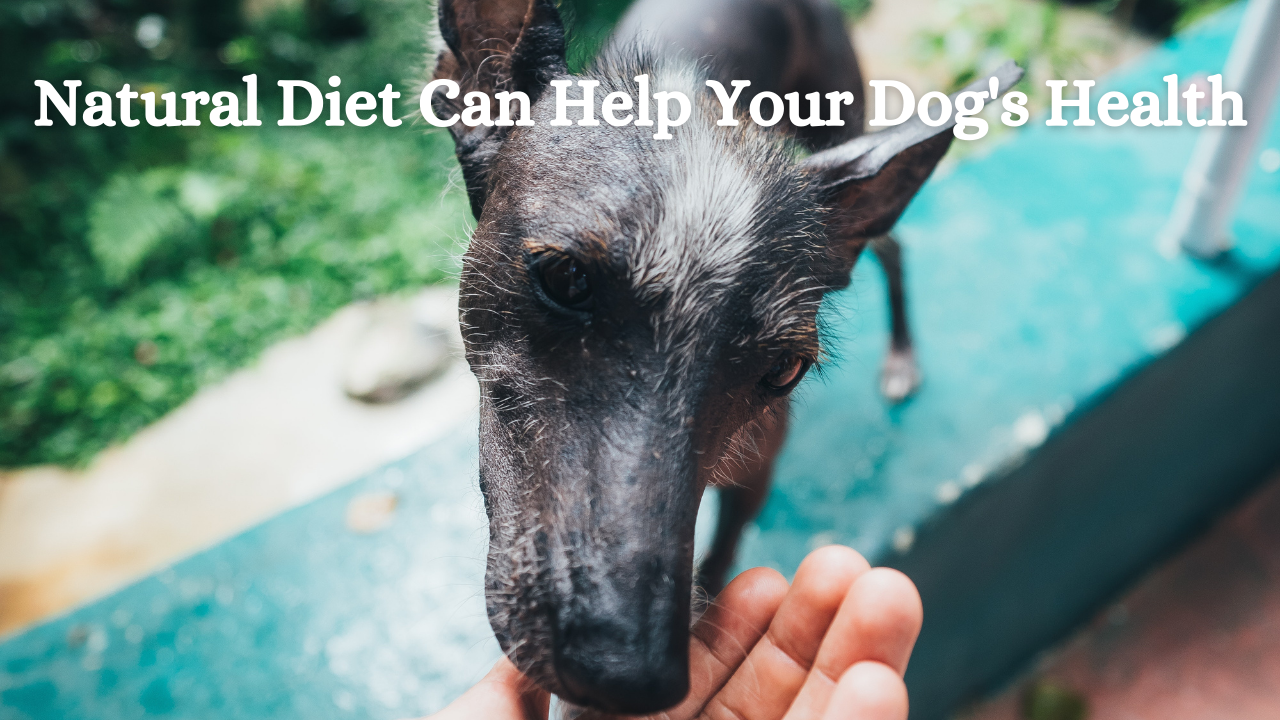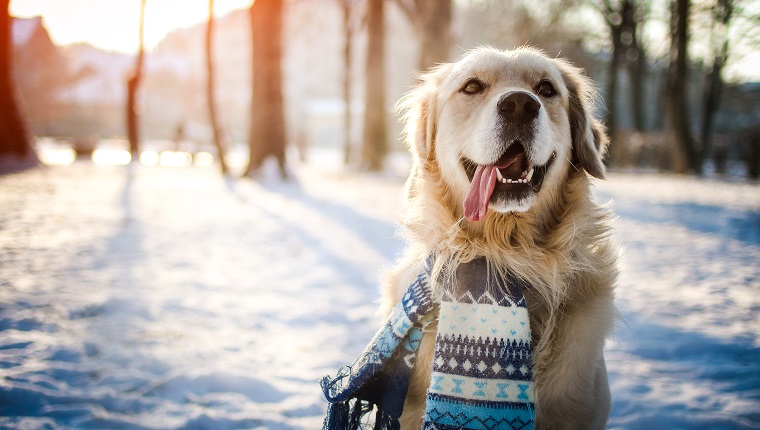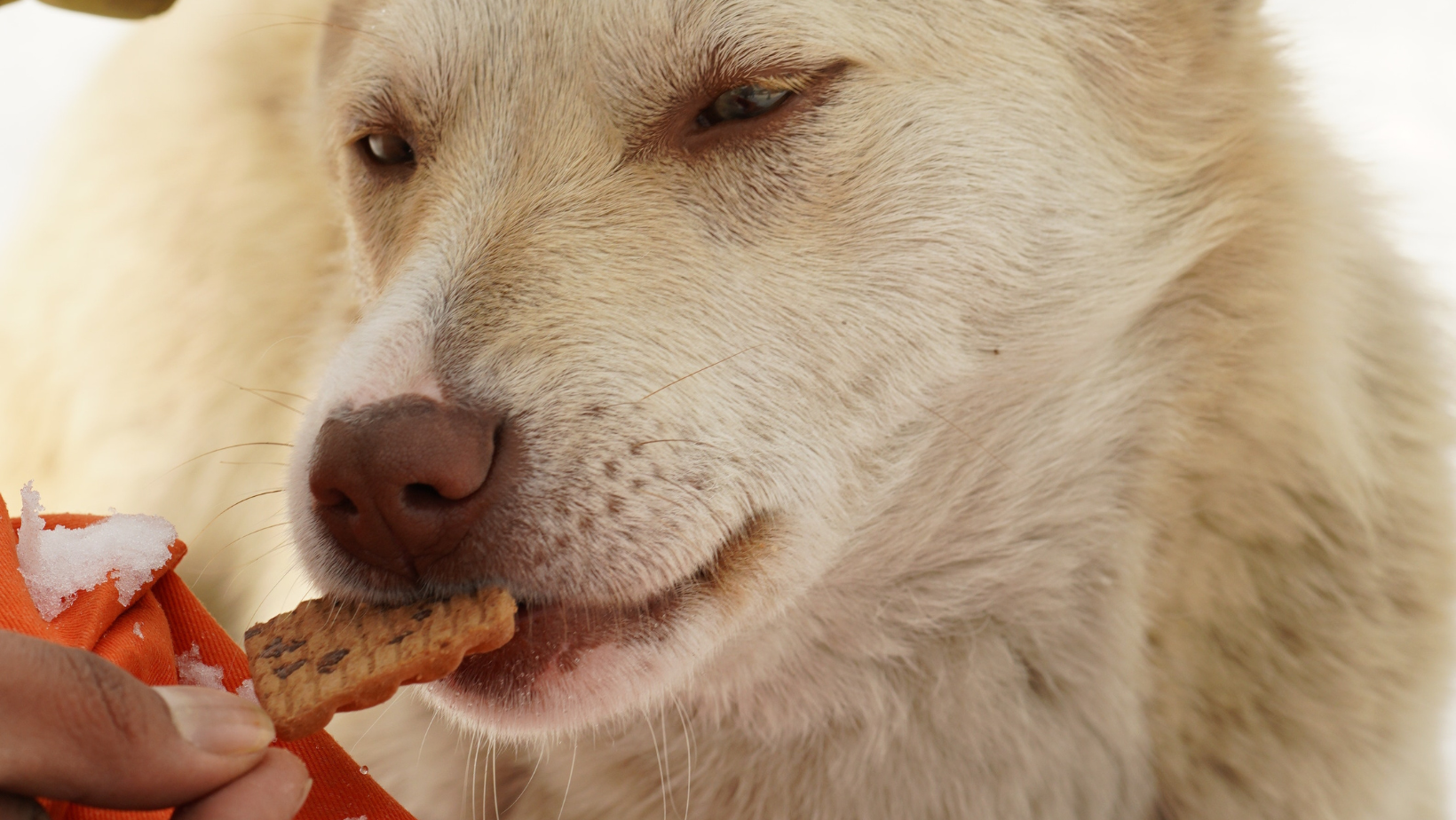A Natural Diet that can Help Your Dog’s Health

It should go without saying that your dog requires a proper diet to stay healthy. Veterinarians and pet food manufacturers often disagree about what is best for your dog’s nutrition. Commercially prepared foods are commonly advised as part of an appropriate, or good, diet for your dog, despite the fact that commercial pet food makers are motivated in large part by profits.
Commercially prepared foods may be approved by your veterinarian or dog breeder as your dog’s primary diet in some cases. Many experts, on the other hand, advocate a mostly natural diet for dogs, which almost always includes meat and bones. Cooked foods are preferable to raw foods since some minerals are lost during the cooking process.
Commercially prepared pet food is frequently offered to our dogs since, aside from its convenience, it can actually contain many of the nutrients necessary for your dog’s health (depending on the quality). Quality is the essential word here. In truth, nutrient-dense food is produced by a very small number of commercial manufacturers. They aren’t the brands you’ll find in your supermarket, nor in most pet stores or veterinarian offices.
Raw bones, together with a little dry food, rice or pasta on occasion, and the rare high-quality food crumb from your table, will provide most of the nutrients your dog requires.
To maintain optimum health and performance, all dogs require adequate nutrients from their food. Water, proteins, lipids, carbs, minerals, and vitamins are the most important nutrients for your dog. Today, vitamin and mineral insufficiency are dogs given commercially prepared diets is rarely discussed. However, the canned and dry formulations available at your veterinarian’s office or the local store are not your dog’s natural diet. Would your dog select raw meat if it were allowed to fend for itself in the wild (assuming it could adapt)? The chewing activity and teeth cleansing function of meat, particularly bones, is one of the reasons why they are so beneficial. Of course, there are exceptions.
A lesser-known fact is that solely feeding your dog meat (with no bones, cereals, or other carbohydrate sources) can result in serious deficiencies: your dog will get lethargic, unwell, and even die if you give him only meat. But, I hear you exclaim, what about dogs in the wild? Isn’t meat a natural part of a dog’s diet? Brigitte, didn’t you just say that? Yes and no: wild dogs consume the entire prey, not just the muscle meat, and thus acquire vegetable stuff from the prey’s digestive tract as well as calcium from the bones. Wild dogs also supplement their food with plants, fruit, and berries on a regular basis.
So far as it’s what they’re used to, most dogs enjoy some fresh fruit and veggies in their diet. A dog who has lived its entire life on commercially produced dog food will be unaccustomed to the flavor of fresh food and may reject it if you offer it later in life. But don’t give up; start with hand-feeding carrot or apple slices. It’s even nicer if your dog is still a puppy. Begin as you mean to continue on by occasionally feeding him raw fruits and veggies. The health of your dog will improve!





